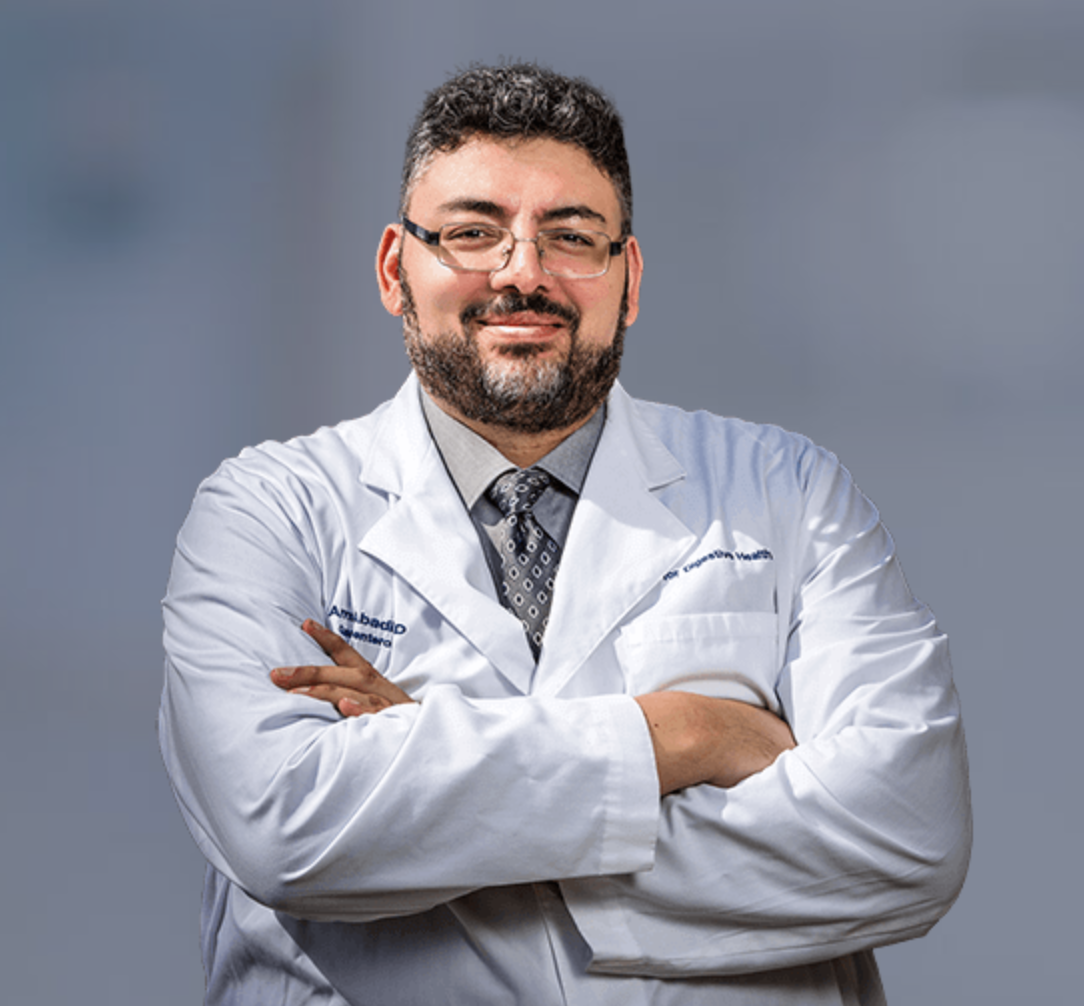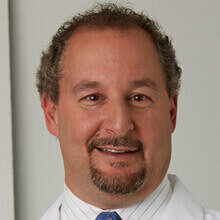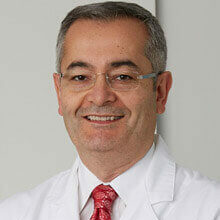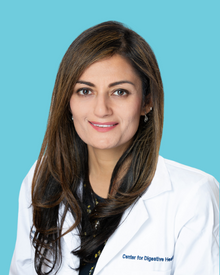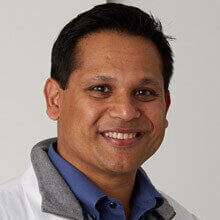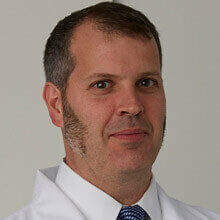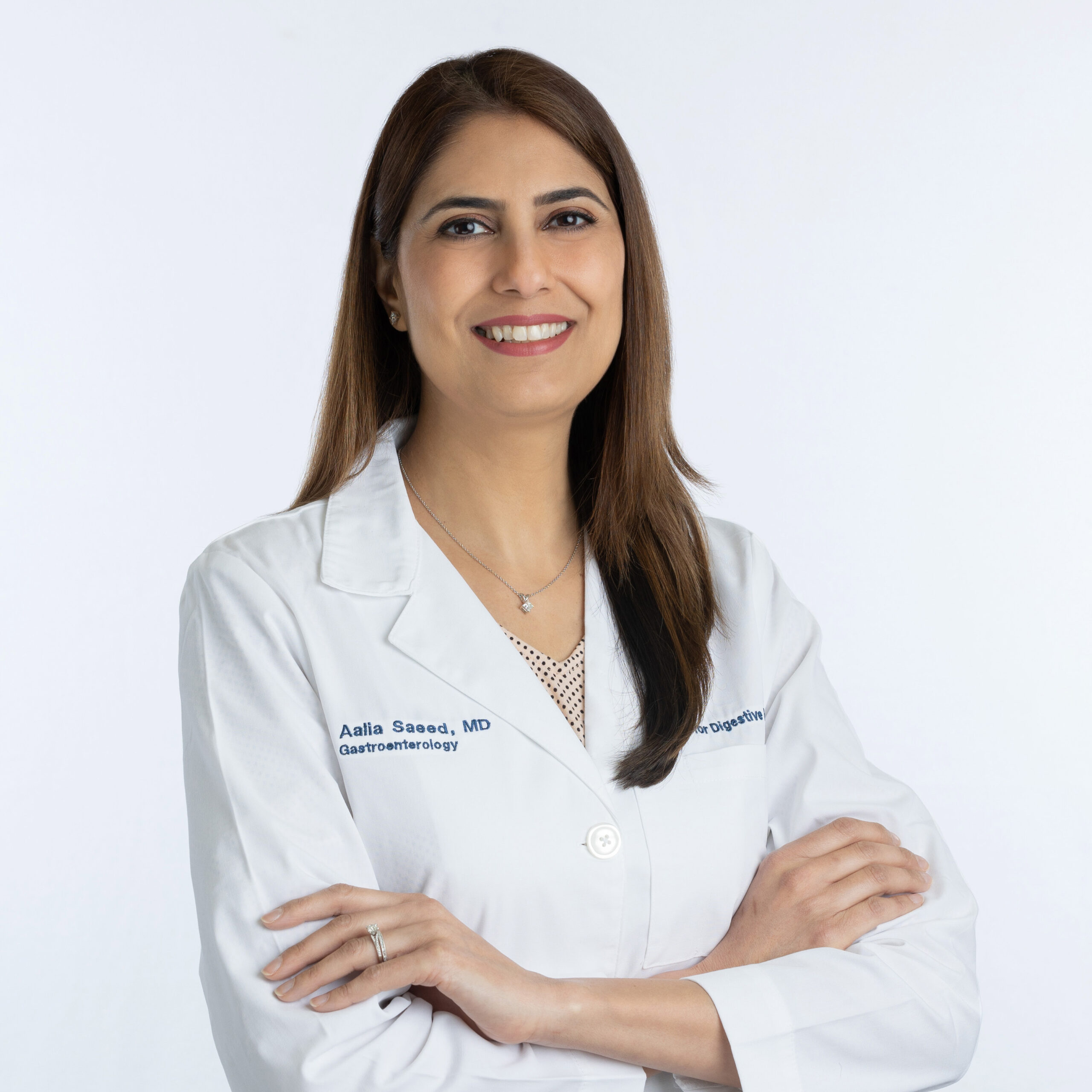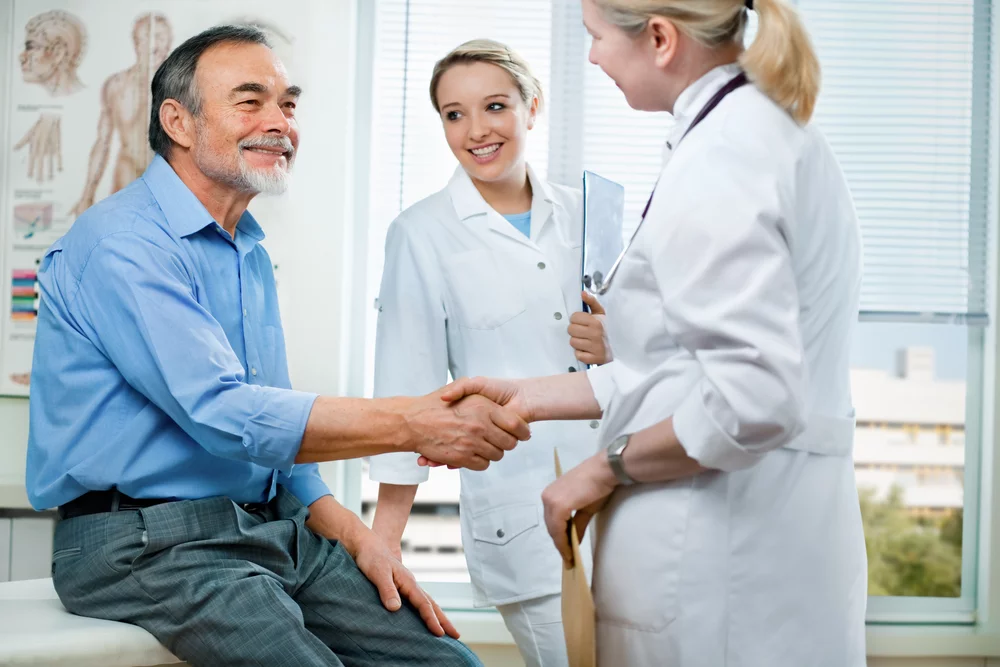Overview
Colonoscopy is a procedure that enables your physician to examine the lining of the colon (large bowel) for abnormalities by inserting a flexible tube that is about the thickness of your finger into the anus and advancing it slowly into the rectum and colon.
Additional Information:
- American Gastroenterological Association
- American Society for Gastrointestinal Endoscopy
- Free Pamphlet from NDDIC
Click Here to View Colonoscopy Prep Instructions
What is a colonoscopy?
Colonoscopy is a procedure that enables your physician to examine the lining of the colon (large bowel) for abnormalities, by inserting a flexible tube that is about the thickness of your finger, into the anus and advancing it slowly into the rectum and colon.
What preparation is required?
The colon must be completely clean for the procedure to be accurate and complete. Your physician will give you detailed instructions regarding the dietary restrictions to be followed, and the cleansing routine to be used. Follow your doctor’s instructions carefully. If you do not, the procedure may have to be cancelled and repeated later.
What about my current medications?
Most medications may be continued as usual. You should inform your physician of all current medications, as well as any allergies to medications, several days prior to examination. However, drugs such as aspirin or anticoagulants (blood thinners) are examples of medications whose use should be discussed with your physician.
What can be expected during a colonoscopy?
Colonoscopy is usually well tolerated and rarely causes much pain. There is often a feeling of pressure, bloating, or cramping at times during the procedure. Your doctor may give you medication through a vein to help you relax and better tolerate any discomfort from the procedure. You will by lying on your side or on your back while the colonoscope is advanced slowly through the large intestine. As the colonoscope is slowly withdrawn, the lining is again carefully examined. The procedure usually takes 8 – 20 minutes. In some cases, passage of the colonoscope through the entire colon to its junction with the small intestine cannot be achieved. The physician will decide if the limited examination is sufficient or if other examinations are necessary.
What if the colonoscopy shows something abnormal?
If your doctor thinks an area of the bowel needs to be evaluated in greater detail, a forceps instrument is passed through the colonoscope to obtain a biopsy (a sample of colon lining). This specimen is submitted to the pathology laboratory for analysis. If the colonoscopy is being performed to identify sites of bleeding, the areas of bleeding may be controlled through the colonoscope by injecting certain medications or by coagulation (sealing off bleeding vessels with heat treatment). If polyps are found, they are generally removed. None of these additional procedures typically produce pain. Remember, the biopsies are taken for many reasons and do not necessarily mean that cancer is suspected.
What are polyps, and why are they removed?
Polyps are abnormal growths from the lining of the colon which vary in size from a tiny dot to several inches. The majority of polyps are benign (noncancerous) but the doctor cannot always tell a benign from a malignant (cancerous) polyp by its outer appearance alone. For this reason, removed polyps are sent for tissue analysis. Removal of colon polyps is an important means of preventing colorectal cancer.
How are polyps removed?
Tiny polyps may be totally destroyed by fulguration (burning), but larger polyps are removed by a technique called snare polypectomy. The doctor passes a wire loop (snare) through the colonoscope and severs the attachment of the polyp from the intestinal wall by means of an electrical current. You should not feel pain during polypectomy. There is a small risk that removing a polyp will cause bleeding or result in a burn to the wall of the colon, which could require emergency surgery.
What happens after a colonoscopy?
After colonoscopy, your physician will explain the results to you. You may have some cramping or bloating because of the air introduced into the colon during the examination. This should disappear quickly with the passage of flatus (gas). Generally, you should be able to eat after leaving the colonoscopy, but your doctor may restrict your diet and activities, especially after a polypectomy.
Why do I need someone to drive me home?
Even if you feel alert after the procedure, your judgment and reflexes may be impaired by the sedation for the rest of the day, making it unsafe for you to drive or operate any machinery.
What are the possible complications of colonoscopy?
Colonoscopy and polypectomy are generally safe when performed by physicians who have been specially trained and are experienced in these endoscopic procedures.
One possible complication is a perforation or tear through the bowel wall that could require surgery. Bleeding may occur from the site of biopsy or polypectomy. It is usually minor and stops on its own, or can be controlled through the colonoscope. Rarely, blood transfusions or surgery may be required. Other potential risks include a reaction to the sedatives used and complications from lung or heart disease. Localized irritation of the vein where medications were injected may rarely cause a tender lump lasting for several weeks, but this will go away eventually. Applying hot packs or hot moist towels may help relieve discomfort.
Although complications after colonoscopy are uncommon, it is important for you to recognize early signs of any possible complication. Contact your physician who performed the colonoscopy if you notice any of the following symptoms: severe abdominal pain, fever and/or chills, or rectal bleeding of more than 1/2 cup. Bleeding can occur several days after polypectomy.
How a colonoscopy works
“A colonoscopy is a procedure where your GI doctor looks in your large intestine with a flexible scope. This is done to look for polyps or other diseases that affect the colon.
Although it sounds a bit unpleasant, patients are sedated and the procedure is painless. For a lot of folks, the preparation is the worst part. The prep involves only drinking clear liquids and avoiding solid foods the day before the procedure. Patients then drink a laxative solution to clear out the colon completely. So the grunt work is really done the day before, where you should probably stay home and close to the bathroom.
Anyone with intestinal or bowel problems can undergo a colonoscopy, but everyone should have a colonoscopy at age 50 to look for polyps!”
-Emin Donat, MD, Center For Digestive Health


